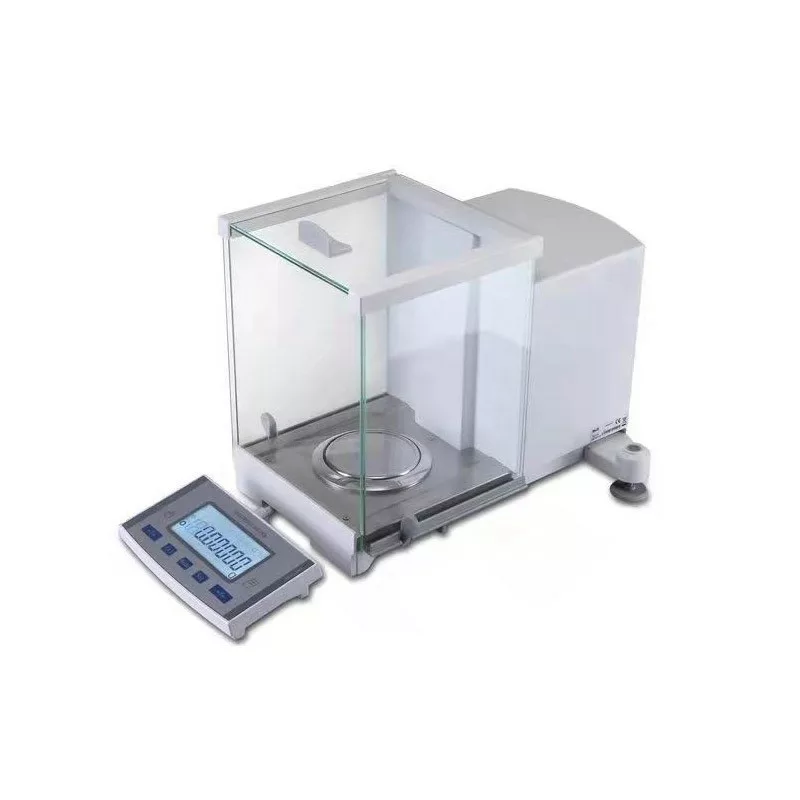Precision Balance Series Z KPB/120/5/E: The Ultimate Guide to Accurate Weighing Solutions
Introduction
In today’s world, accuracy and precision are crucial across various industries—from laboratories and pharmaceuticals to food production and jewelry making. Precision Balance Series Z KPB/120/5/E, also known as analytical balances, are essential tools for achieving exact measurements. This guide will provide a comprehensive look at precision balances, their features, benefits, and how to choose the right one for your needs.
What is a Precision Balance Series Z?
A precision balance is a highly accurate weighing instrument designed to measure small masses in the sub-milligram range. These balances are indispensable for applications that require precise and reliable measurements, typically offering readability between 0.1mg to 1g.
Key Features of Precision Balances
- High Accuracy and Precision: Deliver exceptionally accurate measurements with minimal error margins.
- Advanced Calibration: Built-in calibration features, including internal and external options, ensure ongoing accuracy.
- Durable Construction: Made with robust materials, such as stainless steel weighing pans, to withstand harsh environments.
- User-Friendly Interface: Equipped with intuitive interfaces, including touchscreens and digital displays, for easy operation.
- Connectivity Options: Offer USB, RS-232, and Bluetooth for seamless data transfer to computers and other devices.
Applications of Precision Balance Series Z
- Laboratories: Essential for weighing chemicals, samples, and reagents with high precision.
- Pharmaceuticals: Ensure correct dosage of active ingredients in drug formulation.
- Food Industry: Help in the formulation and quality control of food products.
- Jewelry and Gemology: Critical for weighing precious metals and gemstones.
- Education: Used in educational institutions to teach the importance of accurate measurements.
Choosing the Right Precision Balance
Consider the following factors to ensure the balance meets your specific requirements:
- Readability and Capacity: Choose a balance that offers the appropriate range for your applications.
- Calibration: Decide between internal and external calibration based on your usage needs.
- Environmental Considerations: Assess the conditions where the balance will be used.
- Additional Features: Look for features like tare function and data connectivity.
- Brand and Warranty: Opt for reputable brands known for reliability and check for warranties and customer support.
Maintaining Your Precision Balance
Follow these tips to ensure the longevity and accuracy of your precision balance:
- Regular Calibration: Perform regular calibration checks with certified weights.
- Cleanliness: Keep the balance clean and free from dust and debris.
- Proper Handling: Handle the balance carefully to avoid damage.
- Environmental Control: Place the balance on a stable, vibration-free surface away from drafts and direct sunlight.
- Software Updates: Keep the balance’s software updated for the latest features and improvements.
Conclusion
Precision balances are vital tools for any industry requiring accurate and reliable weight measurements. Understanding their features, applications, and how to choose and maintain the right balance will help you achieve precision and accuracy in your work. Invest in a high-quality precision balance to maintain the highest standards in your field.





Reviews
There are no reviews yet.